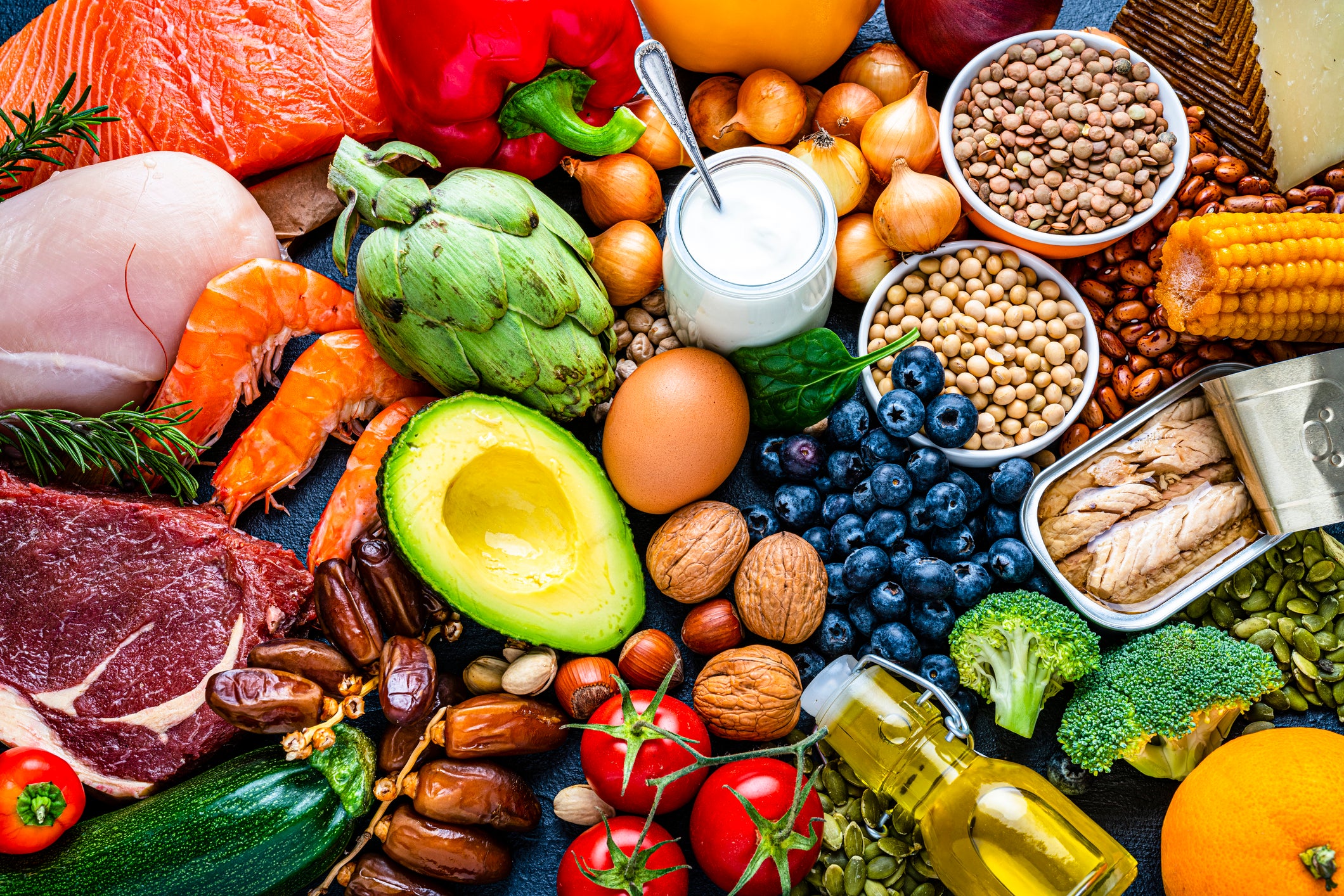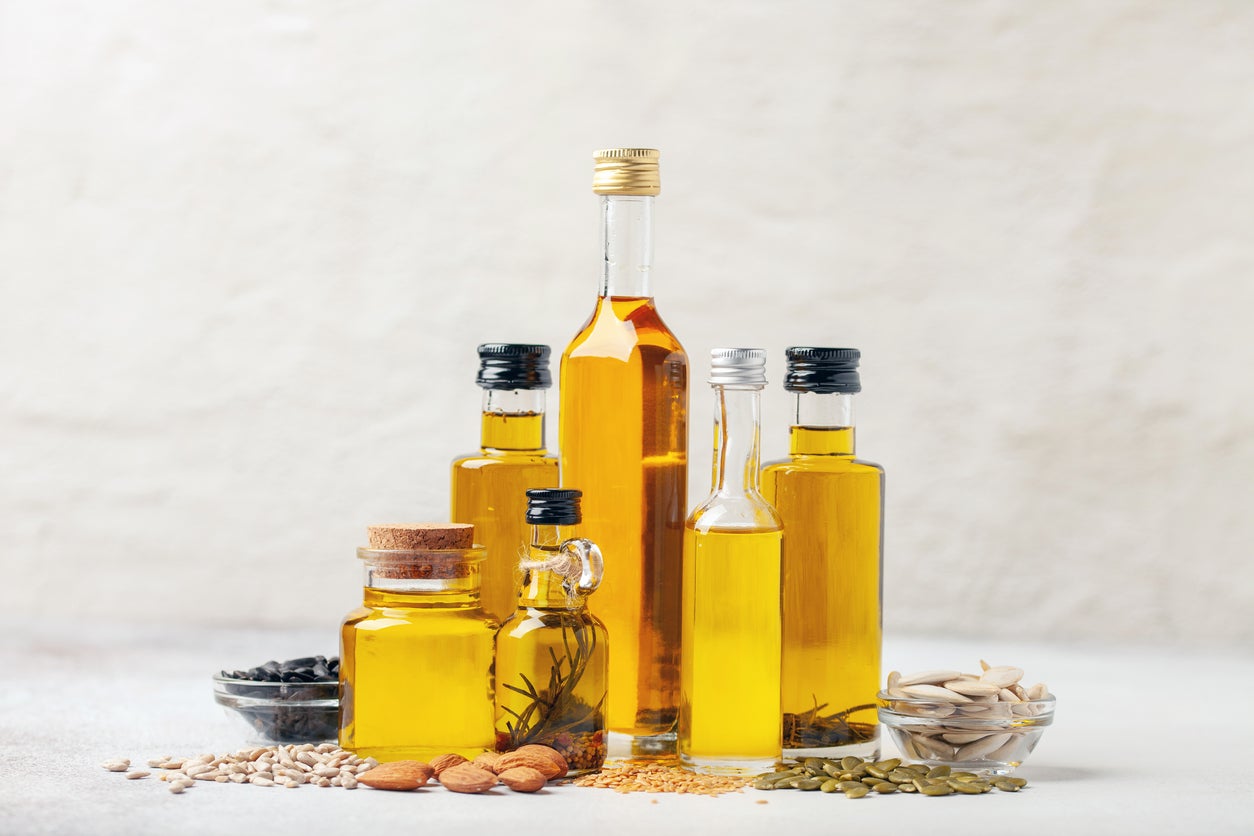According to health and fitness gurus on TikTok, seed oils are your worst enemy — but the experts don’t agree.
The canola oil you use to make brownies or the chicken stir-fry cooked in sunflower oil? Well, influencers say that the fatty acid Omega-6 in these seed oils can lead to harmful inflammation in the body, like swelling in your legs when you go on a run.
The concerns don’t stop on TikTok. U.S. Secretary of Health and Human Services Robert F. Kennedy Jr has claimed that Americans are being “unknowingly poisoned by seed oils.”
RFK Jr is among those who say the oils — the most common of which are canola, corn, cottonseed, soybean, sunflower, safflower, grapeseed, and rice bran, dubbed with the catchy nickname the “Hateful Eight” — are responsible for high rates of obesity and diabetes.
However, nutritionists and dietitians think the anger towards seed oils is unfair. Rather than blaming just the oils, experts say it’s combination of all the ingredients in processed foods, such as sugary breakfast cereals and packaged snacks, that are the problem.

“Look at the science about seed oils actually being perfectly healthy. That’s really important,” accredited practicing dietitian Kim Lindsay tells The Independent. “Seed oils are a really good source of those polyunsaturated fatty acids.”
A study published in the JAMA Internal Medicine in March examined the diet and health of 200,000 people in the US over 33 years. Results found that people who consumed more plant oils, including seed oils, had a lower risk of death from cancer and cardiovascular disease. Meanwhile, people with the highest intake of butter had an increased risk of death.
Seed oils, which are extracted from seeds of plants, get a bad rap because they’re in nearly everything we buy, from pita chips to croutons, hummus, hamburger buns, and more. On TikTok, a fitness coach named Gabbi argues that when we consistently have large amounts of seed oils, which are packed with Omega-6, then the healthy 2:1 ratio of fatty acids Omega-6 and Omega-3 — which are essential to supporting brain and bone health — is off.
But experts say it’s not so simple that one type of fatty acid is good and the other is bad.
“Both types of fat, Omega-3 and Omega-6, are helpful. And we want to include them both in our diet,” says dietitian Lindsay.
Registered dietitian nutritionist Jessica Clifford agrees. “I think that if people have such high amounts of Omega-6 fatty acids in their diet, or if it is causing problems, it's because of processed foods,” she tellsThe Independent. “Even though processed foods contain [seed oils], these foods also have high saturated fat, sodium, and added sugar that can be problematic.”
Lindsay notes that even though Omega-3 is anti-inflammatory, Omega-6 is not inherently inflammatory. “Yes, it is involved in inflammation, but it can also stop inflammation as well,” she says.
The dietitians suggest we should aim for 5-10 percent of our daily energy intake to come from Omega-6 fats.

The misconceptions about seed oils stem in part from how they’re made, with a chemical compound called hexane used to extract the oil from the seed. Clifford notes that hexane, which has been deemed a hazardous substance, evaporates off when seed oils are produced, so seed oils haven’t been considered unhealthy by the U.S. Food and Drug Administration. Other oils, like certain olive oils, can even be extracted the same way as seed oils.
No seed oil is necessarily better than the other. Clifford says that when she’s personally cooking, she opts for canola oil, which has some Omega-3s in it. However, she urges people to look at all seed oils, consider what types of fats are in each of them, and then decide which they prefer.
The seed oils you choose for cooking can be determined by how high the smoke point of the oil is. Clifford notes that peanut oil is often better for deep frying, while canola oil is used for roasting or sautéing.
However, Lindsay believes that we don’t need to worry much about what seed oils to use or if we’re having too much of them. Instead, she urges us to think about when we could use canola or vegetable oil in place of saturated fats, like butter or coconut oil.
“Research has shown that when we reduce our intake of saturated fat and replace it with unsaturated fats, it can help reduce our risk of disease. That should be more of the focus,” she adds.
Drinking a soda could be worse than eating a candy bar, researchers find
TikTok’s protein obsession has us lacking another key nutrient
Eating this kind of bread can raise colon cancer patients’ risk of death
Ice baths could be doing more harm than good, according to new research







